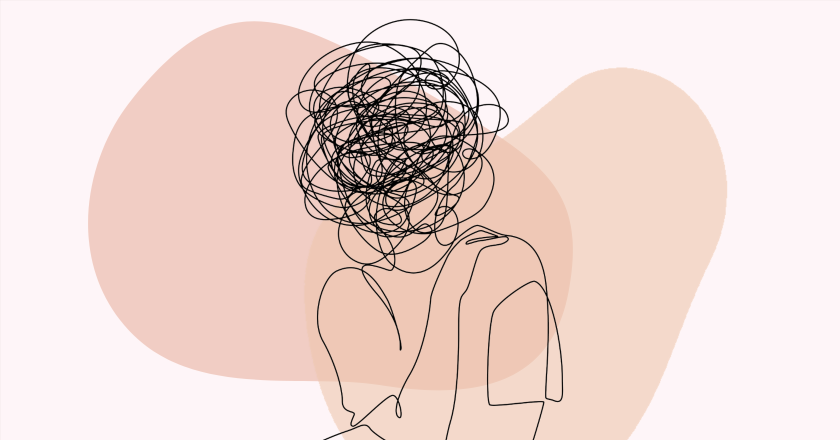A new study suggests a fear of losing control could be behind a number of anxiety disorders.
The desire to feel more in control is something we can all relate to. The world can be an overwhelming place at the best of times, and feeling like you can’t get a grip on things can be incredibly anxiety-inducing.
But there’s a difference between wanting to be in control and fearing that loss of control before it actually comes to fruition. And according to a new study, the latter could have a big role to play when it comes to our mental health.
The new research – which appears in the Journal Of Behavioural And Experimental Psychiatry – suggests that “new insights and therapeutic potential” could be unveiled by digging deeper into the relationship between someone’s fear of losing control and mental health conditions such as OCD and social anxiety disorder.
According to the study’s author, Adam Radomsky, this fear of losing control could apply to a number of different areas of life, from cognitive and emotional states to physiological and contextual domains.
For example, while one person might worry about losing control over their emotions and lashing out at those around them, another person might panic about losing control of their ability to calm themselves down, eg, during a panic attack.
While there are many factors which play into poor mental health, Radomsky’s study suggests that this fear of losing control could underpin various anxiety disorders and related mental health issues – and that finding ways to deal with this fear could be the key to helping people to manage their mental health and wellbeing.

In short, if you’re someone who tends to worry about losing control (and spends time catastrophising about worst-case scenarios), then tackling this fear could help you make a real difference to your mental health.
And while there’s no tried-and-tested method to overcoming this fear, understanding how it contributes to your anxiety will help you to develop more compassion towards yourself when you’re feeling overwhelmed.
It will also help you to become more aware of how your mind works – which in turn could help you to work through some of the reasons why you fear losing control in the first place, and challenge those fears moving forward.
For example, if you’re panicking about embarrassing yourself in front of other people, you might make a conscious effort to think about all the times when that didn’t happen – or remind yourself of how little attention you pay to others’ behaviour in social situations and, as a result, how unlikely it is people will be looking at you.
It may sound simple, but confronting the underlying causes of your anxiety is one of the best ways to tackle it.
Indeed, as Professor Susan Krauss Whitbourne wrote in a summary of the study for Psychology Today: “Thinking about what you can and cannot control, and why you needn’t fear the latter, may help you let yourself experience your thoughts, actions, sensations and behaviour in more fulfilling ways.”
So, next time you’re worrying about losing control, take some time to sit with your feelings and interrogate where they’re coming from. It may not make you feel calm straight away, but it could help you to boost your mental health and wellbeing in the long-term – which can only be a good thing.
If you, or someone you know, is struggling with their mental health or emotional wellbeing, you can find support and resources on the mental health charity Mind’s website and NHS Every Mind Matters or access the NHS’ guide to local mental health helplines and organisations here.
If you are struggling, you can also ask your GP for a referral to NHS Talking Therapies, or you can self-refer.
You can also call the Samaritans in the UK on 116 123 or email [email protected] for confidential support.
Images: Getty
Source: Read Full Article
